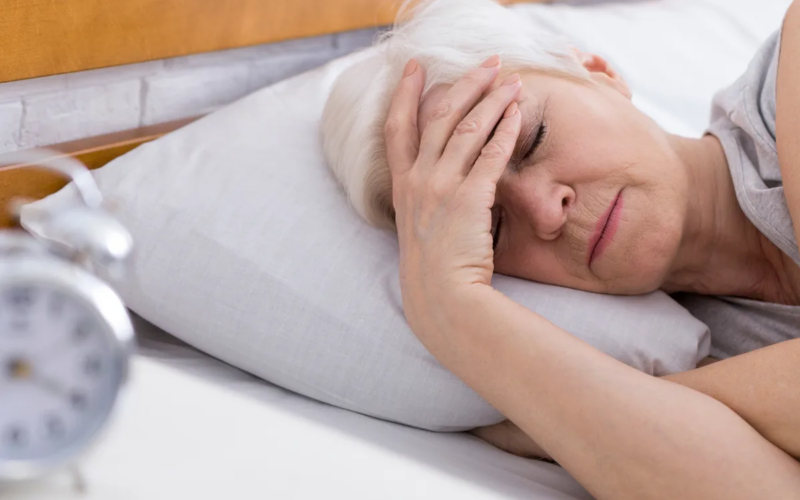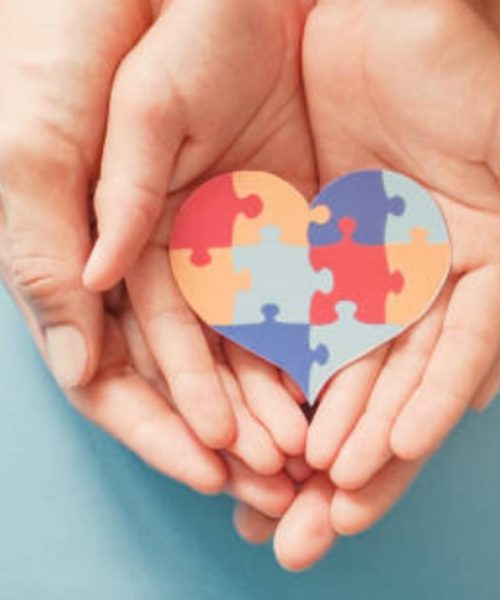By Kiersten Willis, The Atlanta Journal-Constitution
Troy Warren for CNT #Health
It’s commonly believed that older adults need fewer hours of sleep. But that’s actually a myth.
“The amount of sleep needed doesn’t change, but the perception of sleep changes,” Dr. Leila Kheirandish-Gozal, Pediatric Sleep Medicine Specialist at the University of Missouri, told Time magazine.
One common reason for lack of sleep in older adults is insomnia.
“Insomnia is more common for seniors, partly because of health issues, partly because of the anxiety and the concerns of aging, and sometimes because of medication,” Dr. Jack Gardner told WebMD. He is a board-certified neurologist and sleep medicine specialist at Medical Sleep Solutions in DeSoto, Texas. He also noted there’s an increase in the likelihood of sleep apnea and restless legs syndrome as people get older. Other health concerns that can deprive older adults from sleep include arthritis-related pain and frequent urination, which are common.
But there are other reasons why older adults may have trouble sleeping. Eat This, Not That has rounded up several science-backed reasons why. Here are a few of them.
Lack of exercise
Studies back up the notion that exercise promotes better sleep.
“We have solid evidence that exercise does, in fact, help you fall asleep more quickly and improves sleep quality,” Dr. Charlene Gamaldo, medical director of Johns Hopkins Center for Sleep at Howard County General Hospital, said on the website. It’s not completely understood how exercise helps sleep, but it’s known that moderate aerobic exercise increases the amount of deep sleep people get.
Too much napping
Napping may do more harm than good if you experience poor sleep, according to the Mayo Clinic. Napping for a long time or too often can interfere with a good night’s rest. If you do have to nap, make sure it’s for no longer than 20 minutes. And take naps early — napping after 3 p.m. can impede sleeping at night.
Poor sleep hygiene
Difficulty falling asleep and disturbed sleep are two signs of poor sleep hygiene, according to the Sleep Foundation. Sleep hygiene is performing good habits that promote consistent, comfortable sleep.
You can improve your sleep hygiene by making sleep a priority and having a set schedule. Making gradual adjustments can help you settle into a new schedule. They include moving up your bedtime an hour at a time, instead of changing it all at once.
In Other NEWS



































